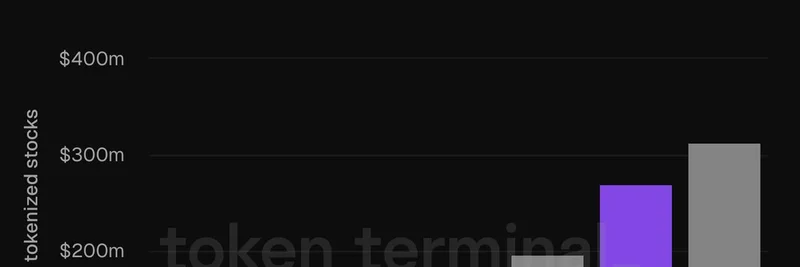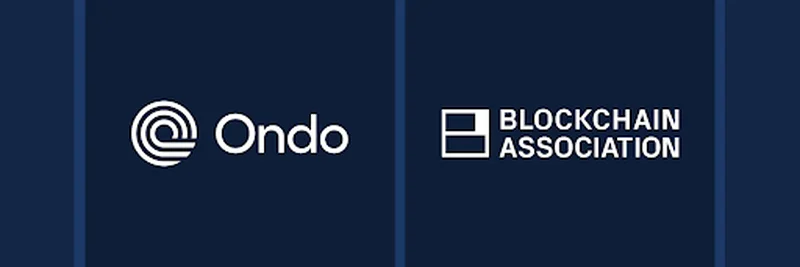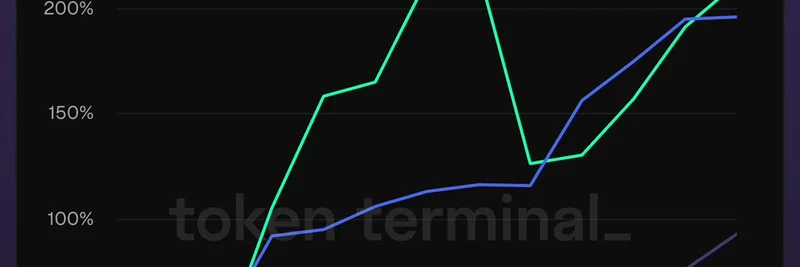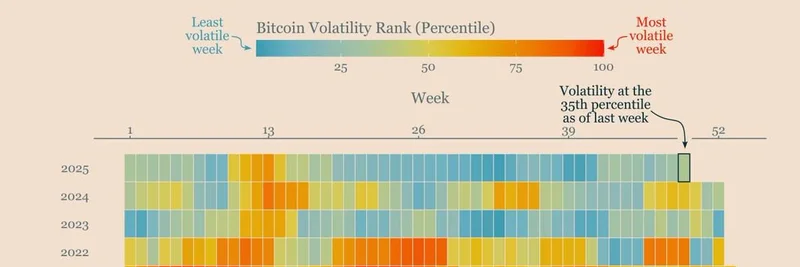Hey there, crypto enthusiasts! If you’ve been keeping an eye on the blockchain world, you’ve probably heard about Franklin Templeton’s bold move with its $800 million tokenized fund. This isn’t just another financial experiment—it’s a game-changer that’s pushing the asset manager’s blockchain strategy to new heights. Let’s dive into what’s happening and why it matters!
The Birth of a Tokenized Pioneer
Franklin Templeton made history back in 2021 when it launched the industry’s first-ever tokenized fund. This wasn’t a small side project; it was a signal that traditional finance (or TradFi, as we call it) is ready to embrace blockchain tech. The fund, initially a tokenized version of its $5 billion Government Money Fund (FOBXX), started on the Stellar Lumens network. Fast forward to today, and it’s now live on multiple blockchains like Ethereum, Arbitrum, and Base, showing how adaptable and innovative this approach is.
Sandy Kaul, the head of innovation at Franklin Templeton, shared some exciting insights in an exclusive interview with DL News. She predicts that “big, public blockchains are going to become the ledgers for the world and global utilities within the next 10 years.” That’s a bold statement, but with $800 million already invested across 661 wallet addresses (according to rwa.xyz), it’s clear this isn’t just talk!
Why Tokenization Matters
So, what’s the big deal with tokenization? Simply put, it’s the process of converting traditional assets—like stocks, bonds, or funds—into digital tokens on a blockchain. This unlocks a bunch of benefits:
- Faster Settlements: Traditional stock trades can take two days to settle, tying up capital with collateral. With blockchain, settlements happen instantly, freeing up that money for other uses.
- Daily Yield: Unlike traditional funds that pay yield monthly, Franklin Templeton’s tokenized fund offers yield every second you hold it. Imagine the savings for big corporate treasuries moving billions daily!
- Broader Access: Tokenization allows fractional ownership, meaning more people can invest in high-value assets.
Kaul highlighted how this efficiency could revolutionize finance, saying, “That capital will be freed up if I can settle that transaction immediately.” It’s all about making the system smoother and more profitable.
The Competitive Landscape
Franklin Templeton isn’t alone in this race. Giants like BlackRock, Fidelity, and VanEck have jumped into the tokenized fund game. Even fintech players like Robinhood, led by CEO Vlad Tenev, are rolling out tokenised stock trading, especially after their big reveal in Cannes this week. With the tokenized asset market projected to hit $19 trillion by 2033 (thanks to estimates from Ripple and Boston Consulting Group), the competition is heating up!
Challenges on the Horizon
Despite the excitement, there’s a long road ahead. The tokenized market is currently worth just $24 billion, a drop in the bucket compared to the $115 trillion global stock market (per the World Economic Forum). The main hurdle? Regulation. Kaul noted that unclear rules around listing regulated products on crypto exchanges are slowing things down. Once those regulations clear up and market makers step in to boost liquidity, we might see a “wholesale tokenization” boom.
What’s Next for Franklin Templeton?
With CEO Jenny Johnson steering the ship, Franklin Templeton is doubling down on crypto and alternative assets like private credit and real estate. The firm’s node operations and staking experiments are already paying off, and new features like daily yield distribution are setting it apart. As blockchain tech matures, this $1.5 trillion asset manager could lead the charge in blending TradFi with the decentralized world.
So, what do you think? Is Franklin Templeton’s tokenized fund a glimpse into the future of finance, or are we still years away from mainstream adoption? Drop your thoughts in the comments, and stay tuned to Meme Insider for more blockchain updates!




